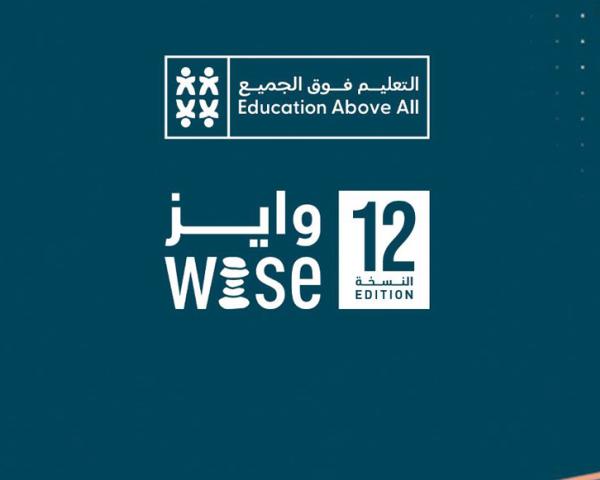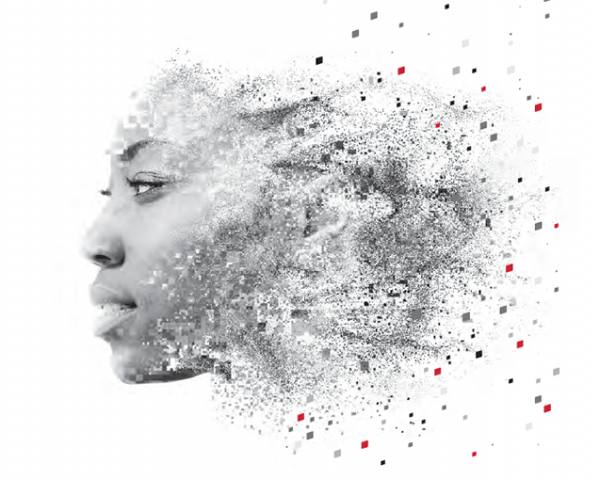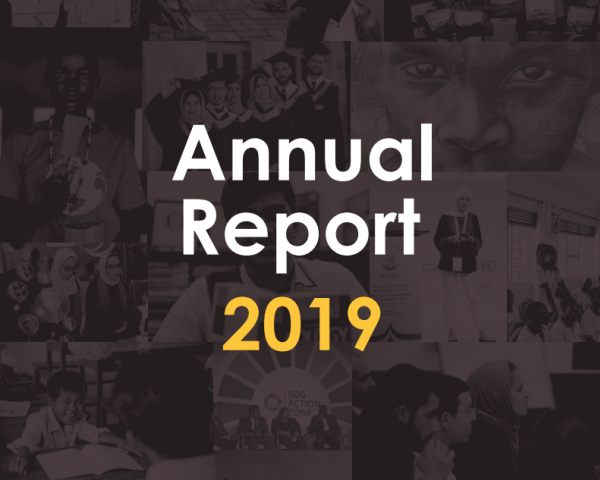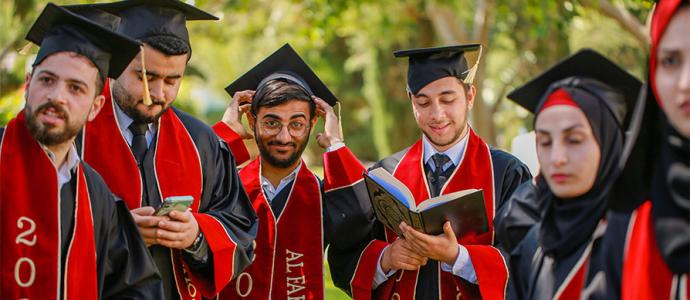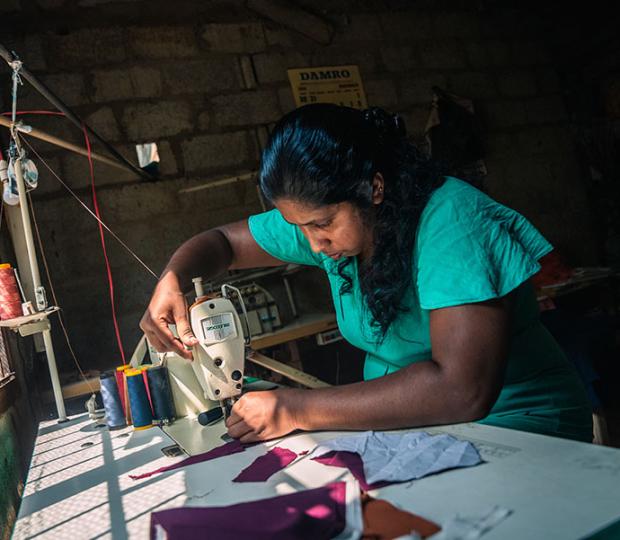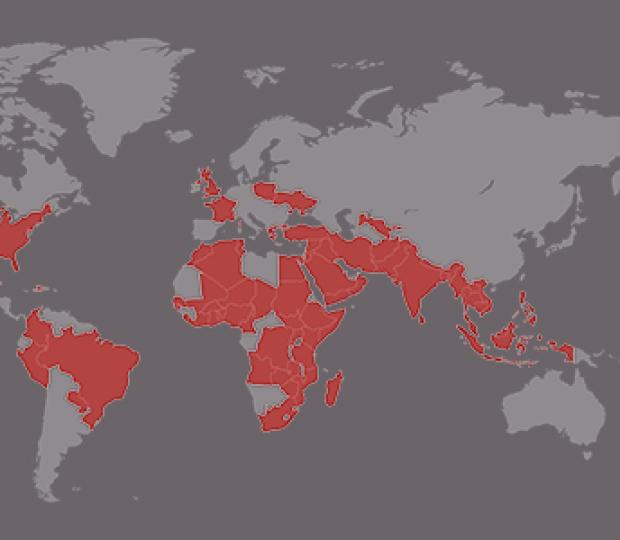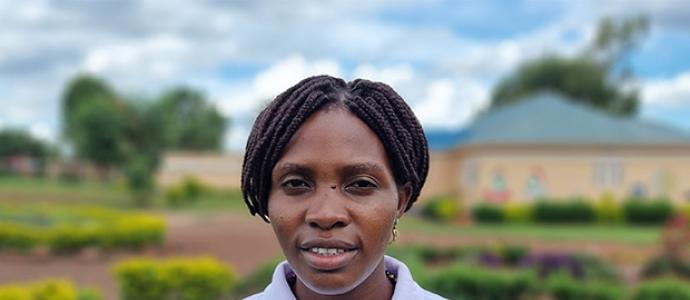AI in Education: A means to a more equitable educational future
In recent years, there has been a surge of discussions around the rise of Artificial Intelligence and its potential to transform education. From fears that AI will replace teachers to optimism that AI tutors can greatly supplement learning, the conversation can often feel divisive. At the Education Above All Foundation (EAA), we thoughtfully navigate the challenges and opportunities that the age of AI presents. Especially for the most vulnerable learners and communities, AI offers tremendous opportunities for innovation, empowerment, and equitable progress.
AI is a Reality We Cannot Ignore
The truth is, AI is already a part of our lives, and while governments deliberate its role in education – we cannot ignore its pervasive presence in the technology we use daily. As of 2022, 71% of young people (aged 15-24) use the internet, immersing them to a digital world shaped by AI. This increasing prevalence brings its risks including digital warfare, radicalization, social media-driven self-esteem issues and biases that can fuel inequality and hatred. This is further validated by the 2024 Global Risks Report by the World Economic Forum, which states that misinformation and disinformation emerges as the top risk over the next two years, followed by extreme weather events and societal polarization. While we grapple with futile attempts of banning or regulating technology, we must prepare both children and adults to navigate this new landscape.
At EAA Foundation, we believe in preparing learners for this AI-enabled world by building critical thinking skills that will empower them to question, challenge, and engage ethically in this complex environment. To achieve this, we are collaborating with leaders from MIT, Harvard, and the UNDP to create Digi-Wise, a flexible, open-source curriculum designed to enable children to become responsible and critical thinkers, producers, and consumers of content in a digital age. Digi-Wise’s curriculum is designed for children of ages 11-14 in the developing world to ensure that they are equipped with the tools and mindsets to navigate the challenges and opportunities of an increasingly AI-driven world.
The Power of Democratizing Technology
One of the most exciting aspects of AI is its accessibility. Unlike traditional technologies that often-required specialized knowledge to use, AI can now be utilized through natural language interfaces—making it more inclusive than ever. At EAA Foundation, we are focused on democratizing access to these technologies. This means giving students, teachers, and communities the power to leverage AI in ways that benefit them, not just as consumers of technology, but as active participants in shaping their educational journeys.
We also recognize that one of the critical voices missing in the global conversation about AI is the authentic perspective of those working on the ground in marginalized communities. The data-sets used to train AI models often overlook the experiences and needs of these communities. By empowering educators and communities on the ground, we can ensure that the development of AI is driven by the authentic voices of those who are most affected by it. The data they generate, their feedback, and their lived experiences are invaluable to shaping more equitable and effective educational technologies.
We have created an AI-powered chatbot, FERBy, for users to interact with our IFERB content in order to curate, customize, and create educational content tailored to their unique needs. We will continue to experiment with the use of AI to drive backend efficiency, promote local-language accessibility, and deliver contextually relevant learning experiences that align with the learner’s needs. Such AI interventions enables us and educators to adapt the format or delivery method of content to improve user journeys and deliver impactful educational experiences at scale with the element of personalization intact.
The Exciting Potential of AI in Education
Looking ahead, the future of AI in education holds transformative possibilities:
- Localized Content in Under-Penetrated Languages: Imagine how quickly relevant, localized educational content can be created in languages that are underrepresented in the digital space, allowing for more inclusive learning opportunities.
- Trauma-Informed Care for Displaced Children: AI could offer new ways to provide trauma-informed education to the 473 million children affected by conflict and displacement through innovative tools like video games and virtual reality, thereby alleviating the harrowing gaps in access to mental health support.
- AI Tutors to Address Global Literacy and Numeracy Gaps: With 617 million children missing basic literacy and numeracy skills, AI-powered tutors can provide tailored support to help every child reach their full potential.
- Blockchain Credentials for Refugees: We can imagine a future where, by integrating blockchain technology, globally mapped curricula and verifiable qualifications could provide 47 million displaced and refugee children with portable credentials, ensuring their education is recognized wherever they go.
Addressing the Digital Divide
While AI has the potential to revolutionize education, we cannot overlook the significant digital divide that exists, particularly in terms of access to electricity, hardware, and connectivity – where globally 2.6 billion people remain ‘unconnected.’
To address this disparity, we are implementing hybrid learning models through the Digital School Program, which integrates both in-person and digital learning to support out-of-school adolescents in their educational journey. This model creates a flexible learning environment that can adapt to different access levels, offering a more inclusive pathway to formal education and certification.
While bridging the digital divide will take time, it is important to remember that technology in education is only a means to an end, not the end in itself. Leveraging the power of hands-on, play-based learning is integral to the learning journey. Therefore, we are committed to providing practical solutions that span the digital spectrum.
One such solution is our multiple-award winning Internet Free Education Resource Bank (IFERB). To support the learning journey in environments with no or low technology access and minimal resources, IFERB contains hundreds of cost-free and open-source project-based learning materials that help children learn from the world around them. Through IFERB, we are empowering communities to overcome digital barriers and create pathways to equitable, inclusive education, ensuring that learning doesn’t stop just because the internet does.
Technology Will Never Replace a Good Teacher—But It Can Empower Them
Perhaps the biggest concern when it comes to AI in education is the fear that technology will replace teachers. We believe that technology can never replace a good teacher - only an absent or ineffective one. This perspective is especially vital, as we grapple with a severe global teacher shortage of 44 million primary and secondary teachers worldwide by 2030.
The human connection in education is irreplaceable. The memories we have of our best teachers are not about their lesson plans or their grading rubrics. It is about how they made us feel—how they inspired us, challenged us, and believed in us. AI cannot replicate these emotional bonds. Rather, it can take over pain-points of exhaustion for teachers such as administrative tasks, content creation, grading, and assessments, and transforming the teaching profession. By automating these processes, teachers are freed to focus on what they do best: connecting with students.
Conclusion
At the end of the day, technology is a tool—a powerful one, but still just a tool. It is an enabler, rather than the core of education and should be treated as such. The human connection between teacher and student will always be the heart of education, shaping not just knowledge but the values, empathy, and inspiration that define transformative education.
The future of education lies in the intersection of human connection and technological innovation. At Education Above All we believe that technology and AI can provide innovative solutions to many persistent challenges only when incorporated thoughtfully into educational programming and with effective support to the educational stakeholders involved. Through solutions like DigiWISE, IFERB, and the Digital School Program, we are working to equip the next generation with the skills and resilience they need to thrive in an unpredictable future.
As we embrace these advancements, we remain rooted in what makes education truly transformative: the human touch.
 Janhvi Kanoria
Janhvi Kanoria
Director Innovation Development
Janhvi’s passion lies in designing solutions that advance quality-learning for the world's most marginalized.
In her previous roles in the Ministry of Education and Qatar Foundation, she was responsible for conceiving multiple creative solutions including Teach for Qatar, a national literacy and numeracy program, an innovative future school and interdisciplinary impact models for the university ecosystem.
She has contributed to global publications including for OECD, World Bank, UNESCO: Future of Education, INEE and Harvard School of Education amongst others.
She is an active participant in international education consortia and platforms including: as a technical contributor to the World Bank Evoke Program; a speaker at TedX; a jury member at MIT Solve, WISE Awards and HundrED-spotlights; and a member of the M-Education Alliance and INEE Distance Education working groups.
She is an alumnus of the Harvard Graduate School of Education and the University of Pennsylvania.






